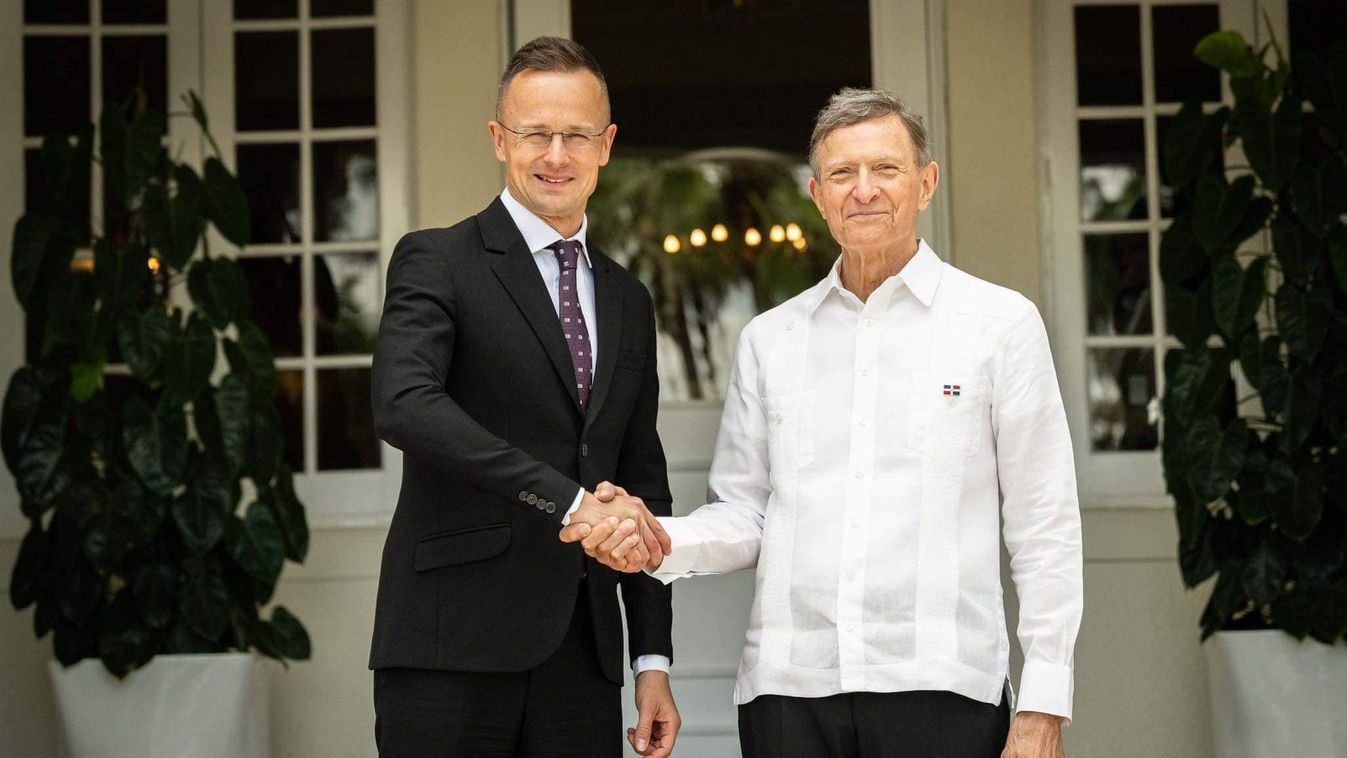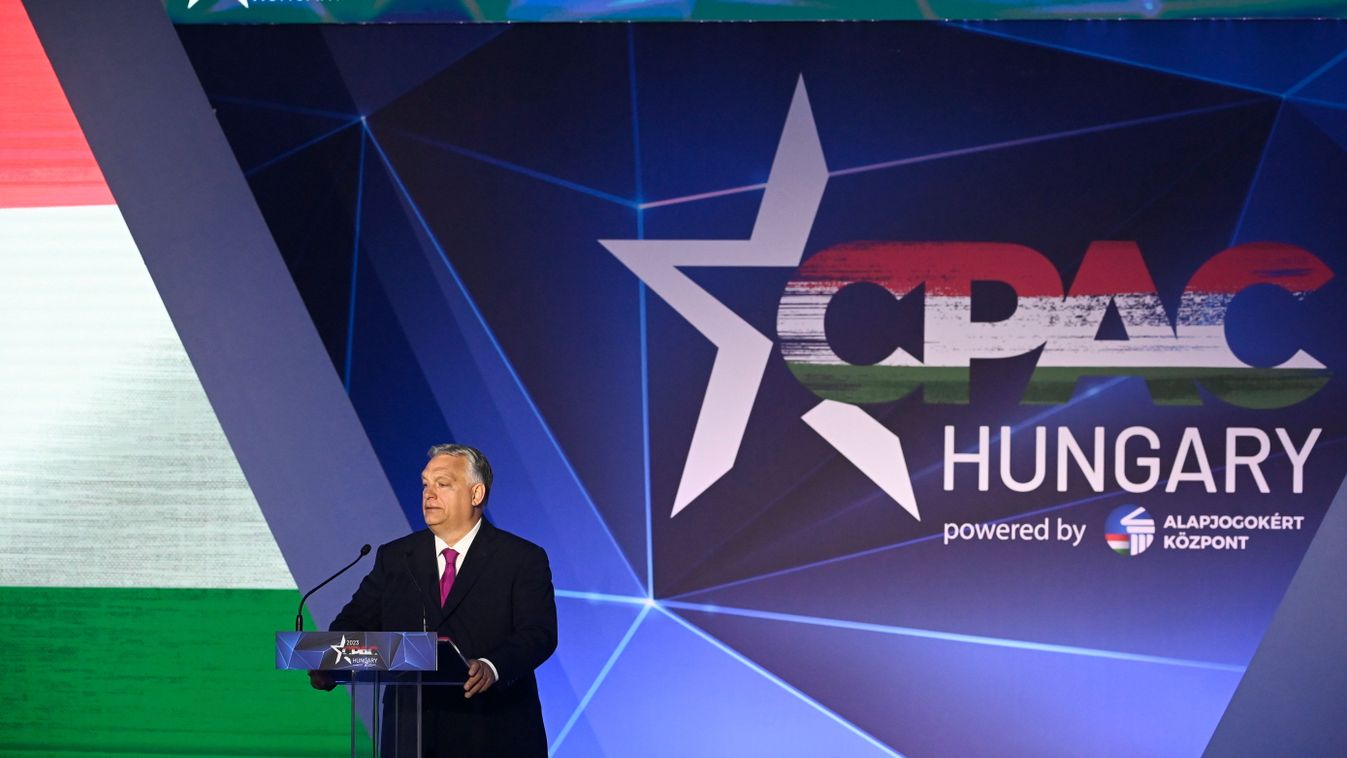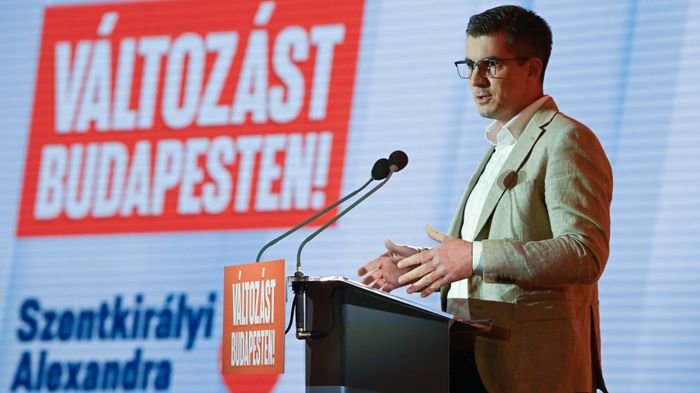Previously, political and public advertisements could be posted on Facebook, essentially unregulated. Today however, increasingly strict rules define political advertising on the platform. Against the background of the elections, Hungarian and US voters show similar, slightly differing political and social trends.

Hungary's President: Peace Policy, National Sovereignty Important Connection Points Between Switzerland and Hungary
Hungary's president received Swiss President Viola Amherd. The heads of state highlighted the importance of peace and global stability.
































